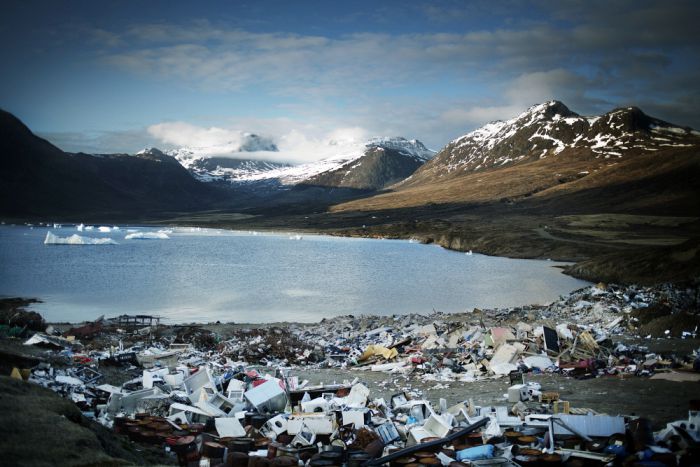By: Lou Del Bello
Send to a friend
The details you provide on this page will not be used to send unsolicited email, and will not be sold to a 3rd party. See privacy policy.
If you ar unable to listen to this audio, please update your browser or click here to download[11.2 MB]
As the UN climate talks come to a conclusion, a final agreement on global climate action is due tomorrow. In this audio report, we talk to experts about how it can be revisited and strengthened.
The science is clear: global warming is real. But despite many countries’ best efforts, currently proposed actions are nowhere near enough to limit it to a manageable level. Over the past two weeks, negotiators, as well as the other 50,000 participants at COP 21, have maintained a positive attitude to help deliver a text that is as robust and ambitious as possible.
But keeping global warming below two degrees Celsius seems out of reach. Could a proposed new mechanism be the solution?
The so-called ratchet mechanism could be used to strengthen the world’s efforts even if they are initially off target.
The idea is for countries to reconvene every five years, take stock of what has been achieved and commit to further actions. As well as being an opportunity to increase ambitions, climate experts see this as a way to monitor potential problems and make it harder for countries to backslide on commitments.
For developing countries, the mechanism could be a challenge, as the need to lift citizens out of poverty can clash with climate goals. But there is hope that mitigation costs will gradually fall as the cost of clean technology decreases over time. This would make it easier for all countries, but particularly poorer ones, to abandon fossil fuels.
However, to work, the system must be backed by a robust global financial mechanism, with developing countries contributing what they can afford towards the high upfront costs of transition to a low-carbon world.














